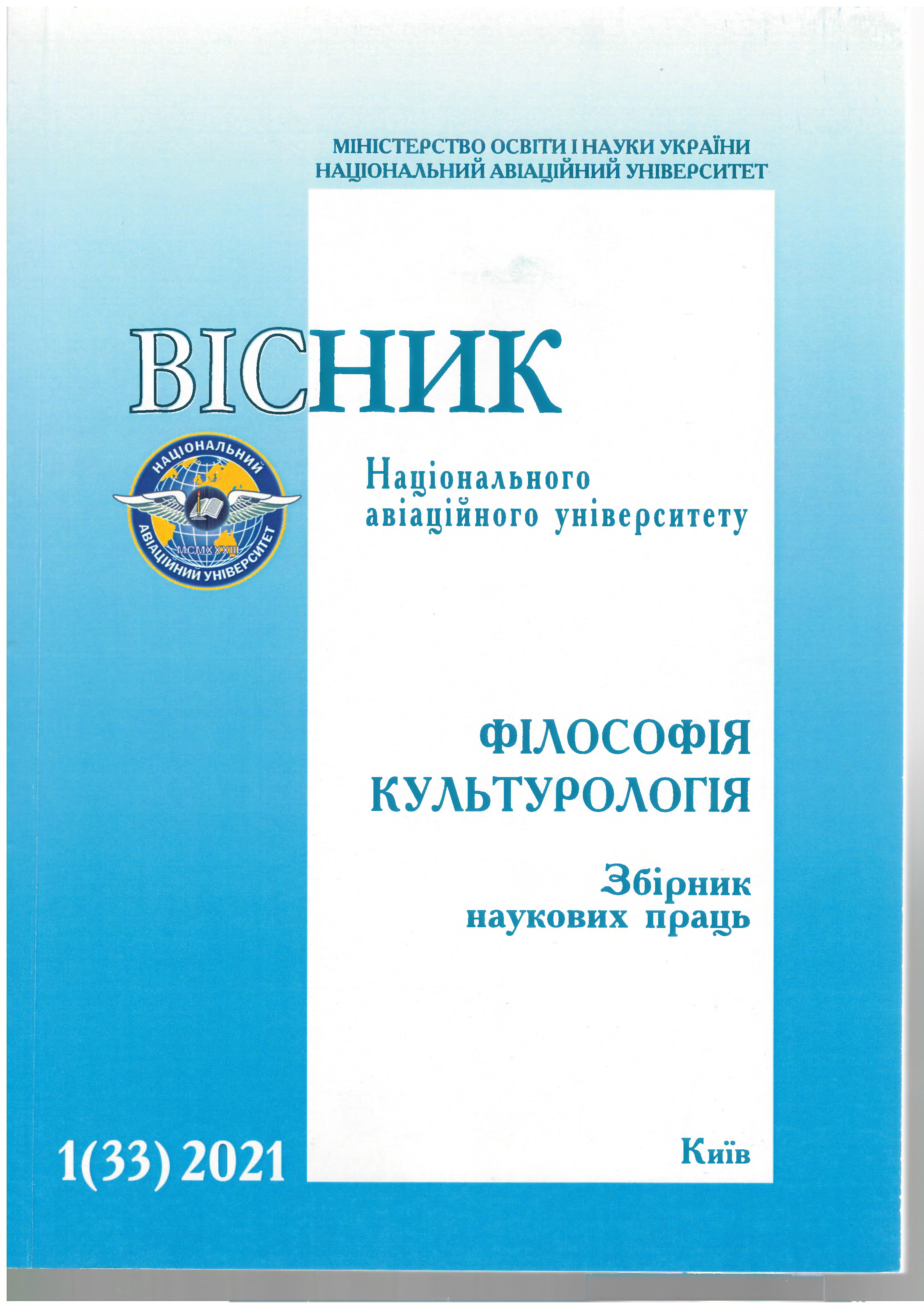MARXIST FEMINISM: GENESIS AND DISCOURSE
DOI:
https://doi.org/10.18372/2412-2157.33.15650Keywords:
feminism and its varieties, gender studies, patriarchy, structural hierarchies of societyAbstract
Introduction. It is known that Alexandra Kollontai since childhood has spoken many European languages (English, German, French, Swedish, Norwegian, Finnish, and others), been interested in literature, learnt drawing through private lessons. After establishing of the Bolsheviks and Left Social Revolutionaries power, Alexandra Kollontai was elected to the All-Russian Central Executive Committee and received the post of People's Commissar of Public Charity in the first list of the Council of People's Commissars. The aim and the tasks of the article are to determine the place and evolution of Marxist feminism in the discourse of the XX - the beginning of the XXI centuries, which progressively developed together with the female movement in the world. Research methods. The work is characterized by modern understanding of discursive thinking as a complex communicative phenomenon, a complex system of knowledge hierarchy, including, in addition to the text, knowledge about the world, ideological attitudes, the consideration of which is necessary for understanding the text. Discourses have important social consequences for individual countries and peoples, local and corporate social groups. Discursive representations tend to enrich understanding and communication. Research results. The protest movement of many strata of society against the established stereotypes of life and activity led to the emergence of new forms of life, hostels and even production (type of commune) and gave rise to new political parties in different countries, attracted the attention of major philosophers, sociologists, psychoanalysts (Erich Fromm, Herbert Marcuse, Theodore Adorno, Max Horchaymer). The contribution of A.M. Kollantai in Marxist feminism is associated with the series of the practical steps to liberate a woman in the first years of Soviet power. She launched the process of becoming a "new" woman, an active participant in the socialist reorganization of the world. At the same time, the methodology and argumentation of feminism was differentized and rationalized, and gender studies were progressed. Sources on the history and modern state of feminism and gender studies in the world are used. Discussion. Feminism is not a monolithic and universal theory, it has different ideological manifestations and political strategies, so it would be more accurate to talk about feminisms, its different - in time and space - discourses and politicians (liberal, Marxist, radical, postmodern, ecological, psychoanalytic, anti-racist, etc.). Conclusion. The short activity of A. Kollontai as People's Commissar resulted in the pursuit of a policy of state feminism: issues regarding women were posed as priority and state tasks. The policy of the state in the first years of Soviet power was aimed at abandoning the regulation
of family relations and control over women. Marxist feminism, having significantly transformed, entered the modern foundation of humanities.
References
12 лекций по гендерной социологии: учебное пособие /
Е. А. Здравомыслова, А. А. Тёмкина. СПб.: Изд-во Европейского
университета в Санкт-Петербурге, 2015. – 768 с.
Barrett M. Marxist Feminism and the Work of Karl Marx /
A.Phillips (ed.). 1987. – Р. 43.
Beauvoir S. de. Alt Said and Done. London: Andre Deutsch
and Weidenfeld and Nicolson, 1974. – Р. 3.
Elshtain J. Public Man, Private Woman. Oxford: Martin Robertson,
– Р. 29.
Oakley A. Sex, Gender and Society. London: Maurice Temple
Smith, 1972. – Р. 24.
Offen K. Feminism // Encyclopedia of Social History / Ed. by
Peter N. Stears. – NY., 1994. – P. 32.
Zhigaleva Y. E. Sexual violence in conflict settings: problem of
women’s victimization // Yuvenis scientia. – 2017. – № 4. – P. 32-44.
Айвазова С. Г. Русские женщины в лабиринте равнопра-
вия (Очерки политической теории и истории). – М.: РИК Русано-
ва, 1998. – 408 с.
Коллонтай А. М. Автобиография сексуально эмансипи-
рованной коммунистки // Марксистский феминизм: Коллекция
текстов Александры Коллонтай. – Тверь, 2003. – 298 с.
Коллонтай А.М. Дипломатические дневники: 1922-1940
гг. – М.: Academia, 2001. – Т. 1. – 528 с. Т. 2. – 543 с.
Коллонтай А.М. Семья и коммунистическое государство.
– М.; 1918.; Дорогу крылатому Эросу! (Письмо к трудящейся
молодежи) // Молодая гвардия. – 1923. – № 3. – C.111-124;
Положение женщины в эволюции хозяйства: Лекции, читан-
ные в Ун-те им. Я.М. Свердлова. – М., ГИЗ, 1923. – 208 с.
Королева Т. А. Феминизм как идейно-политический
феномен // Изв. РГПИ им. А.И. Герцена. Социология. Полито-
логия. – 2010. – С. 312-319.
Успенская В. И. Радикальный проект женской эманси-
пации Александры Коллонтай // Александра Коллонтай: тео-
рия женской эмансипации в контексте российской гендерной
политики. – Тверь, 2003. – С. 26.
Хартманн Х. Несчастливый брак марксизма с феми-
низмом: путь к более прогрессивному союзу. М.: Свобмарк-
сизд. Гендерная серия. – 2016. – 76 с.
Юкина И.И. На пути к марксистскому феминизму. Дея-
тельность Александры Коллонтай // Социология науки и
технологий. – 2014. – Т 5. – № 2. – С. 82-92.

